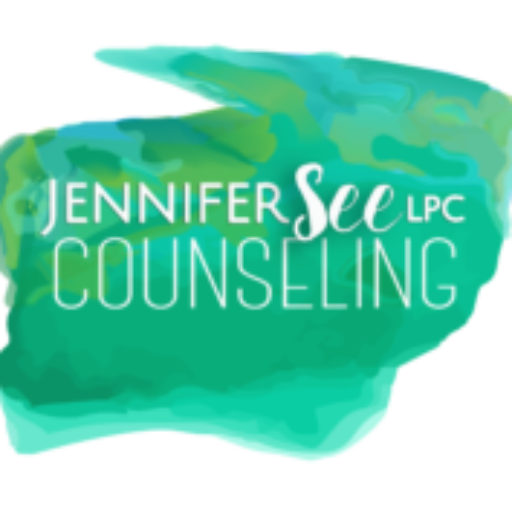Recently I had a client facing a tough weekend situation – a family reunion of sorts, and he had no idea what the outcome would be after the visit. Of course, he knew what HE wanted the outcome to be……a reconciliation…….but had zero clue which way it would fall out. Because he is at high-risk for relapse, there were many concerns on my end how this client would handle an end result that wasn’t what he would consider to be a positive one.
In session, I talk a lot with my clients about feelings, actions, reactions, thoughts, emotions……well, you get my drift. I did the same thing with this client regarding pretty much every potential scenario. At the end of the session, I told him his motto for the weekend, no matter what happened, was this: productive or destructive.
This technique is pretty simple, and easy to implement in any facet of our lives. I ask clients to stop and consider these four questions, which apply to most situations:
- Are my words or actions productive or destructive?
- Do I consider the other person’s words or actions productive or destructive?
- Will I frame my reaction in a productive or destructive way?
- Can I change something from destructive to productive? Or is it not possible?
From this point on, I’ll refer to this technique as POD.
ACTIONS There’s nothing worse than doing something we either instantly regret or stew about for days. Of course, once our actions are out there, we can’t take them back or change them. But we can prevent them from happening by pausing to think if the action will be POD, then act accordingly to the result we would prefer, or on which side of the action coin we would rather be.
REACTIONS Of course, it’s Counseling 101 that we can’t control anyone else’s actions. What we can control is our own reaction. This is where POD is extremely helpful. If someone is being destructive, how helpful is it to respond likewise? What is the reaction(s) that would be most productive in x, y or z situation?
WORDS Much like our actions and reactions, we can’t change them once they are said and done. Words (spoken, written, texted) must be thought out and used mindfully and carefully. Before you send that email, text, or say that snarky reply to your partner, consider if those words will make the situation POD. How will those words be received?
RELATIONSHIPS I use POD often with couples in solving or working on conflict. I ask couples to think about the characteristics of their relationship that are productive, and the ones that are destructive. We focus on why certain aspects are productive, and how we can take the destructive ones (if we can) and move them into the productive category.
WORK What is your style at work? Are you a productive co-worker or a destructive one? How do you handle POD bosses? Is your overall work atmosphere POD? Many times clients talk about work issues, and we use the POD technique to sort out myriad challenges and issues. POD can also be used to assess whether it’s time for a work or career change.
But back to my client. POD helped him through his situation, even when the outcome wasn’t necessarily what he wanted. He also used POD to apply a productive, positive coping skill, instead of resorting to his past destructive one of self-medicating with drugs.
This week, if faced with something challenging, hard or unexpected, stop and think to yourself: is my reaction going to be POD? Will my words make turn the situation POD?
I hope everyone has a productive week.



Recent Comments